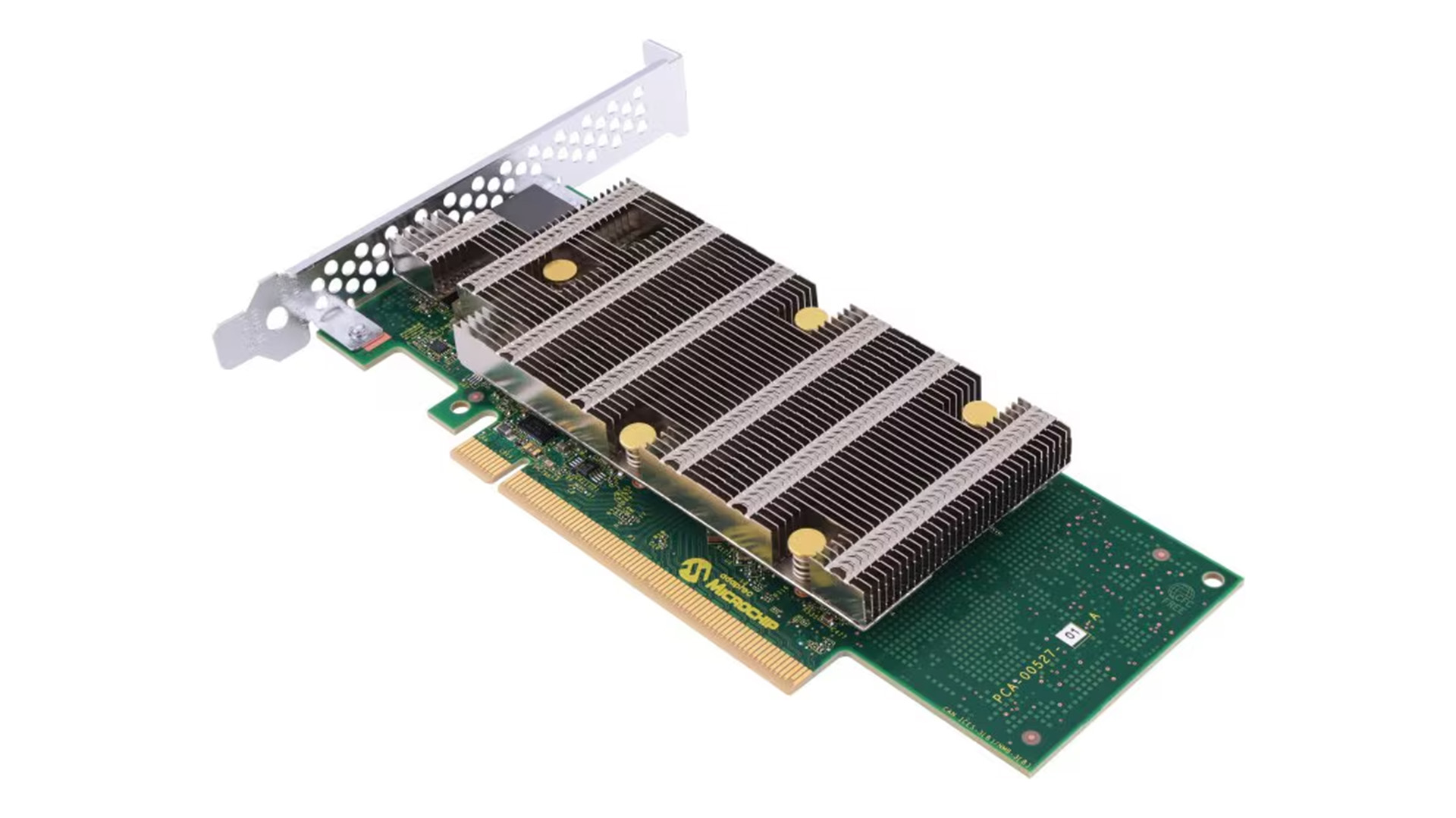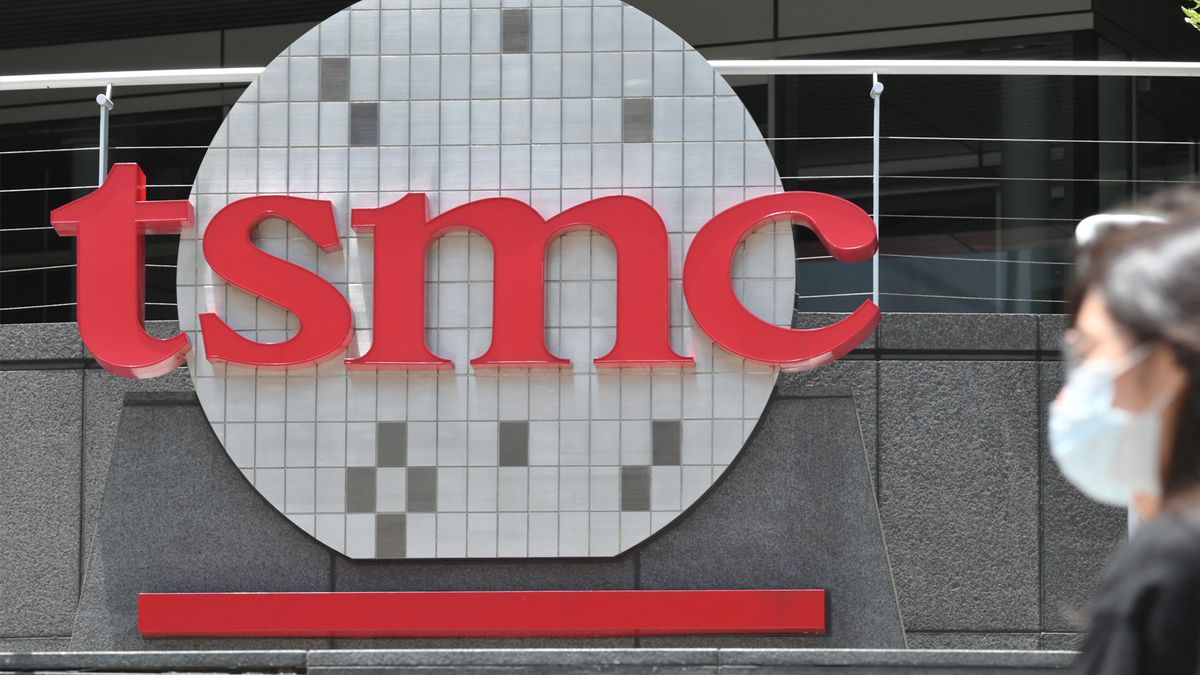Adaptec has announced an all-new, enterprise-grade software-defined storage RAID card that supports up to 32 NVMe SSDs. The new SmartRAID 4300 series supports PCIe 4.0 and 5.0 SSDs with rated sequential read speeds of up to 291 GB/s when fully saturated (with 32 SSDs).
The new SmartRaid 4300 comes in a low-profile MD2 form factor and slots into a single PCIe x16 slot. The card supports secure boot, secure update, attestation, pre-boot UEFI management, and RAID modes 0, 1, 10, 5, and 50. That is just cracking the surface of what the card supports. There's also support for native 4K sector and 512-byte NVMe devices, hot-plug support, hot-spare support, S.M.A.R.T. support, and a variety of security features tailor-made for enterprise users.

The new add-in card is tailor-made for enterprise data centers and is designed to support the CPU, offloading I/O data from the CPU to boost performance. The SmartRaid 4300 does not connect to any SSDs directly, instead routing I/O data to itself through software.
This form of RAID is known as software-defined storage (or SCS), a RAID strategy that decouples the hardware from the software. This style of RAID is very similar to RAID arrays in virtual machines, where software dictates how I/O traffic is handled.
This approach has several key advantages over traditional RAID cards. OEMs and system builders are free to mix and match NVMe SSDs in a RAID array, and aren't tied to vendor-specific hardware. SCS is also far more scalable and does not rely on the RAID card directly to power all the SSDs.
SCS RAID arrays can also be faster than traditional RAID configurations, due to the lack of any hardware limitations. Rather than the RAID card being the limiting factor, the SSDs themselves and the PCIe link connecting them to the CPU are the limiting factors to performance. Adaptec claims it has demonstrated up to a 7x increase in I/O performance with the SmartRAID 4300 compared to prior generation offerings.
Assuming a fully saturated 32-drive network with PCIe 5.0 capable SSDs, Adeptic claims the SmartRAID 4300 series is capable of running at 128 KB/1 MB sequential read speeds of up to 291 GB/s and 128 KB/1 MB sequential write speeds of up to 155 GB/s in a RAID 5 array in Linux. Rebuild times are rated at up to 32 GB/s and 22.6 GB/s, respectively, with the same settings.
Follow Tom's Hardware on Google News to get our up-to-date news, analysis, and reviews in your feeds. Make sure to click the Follow button.

 3 months ago
54
3 months ago
54






 English (US) ·
English (US) ·